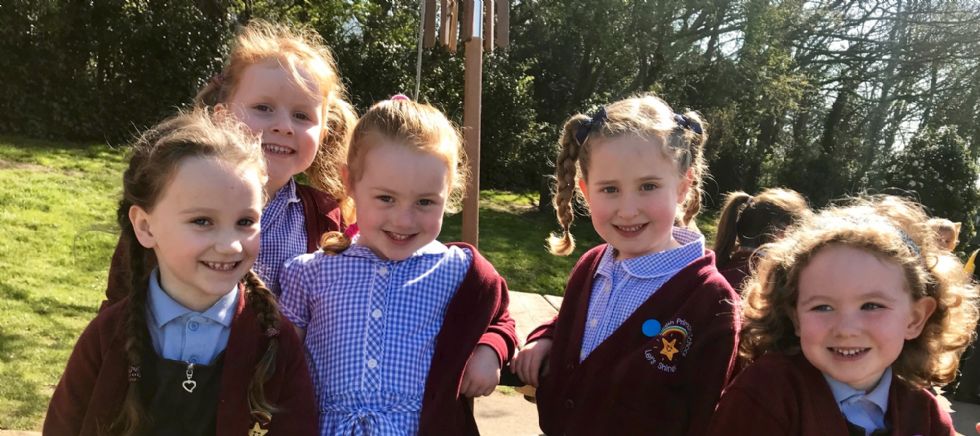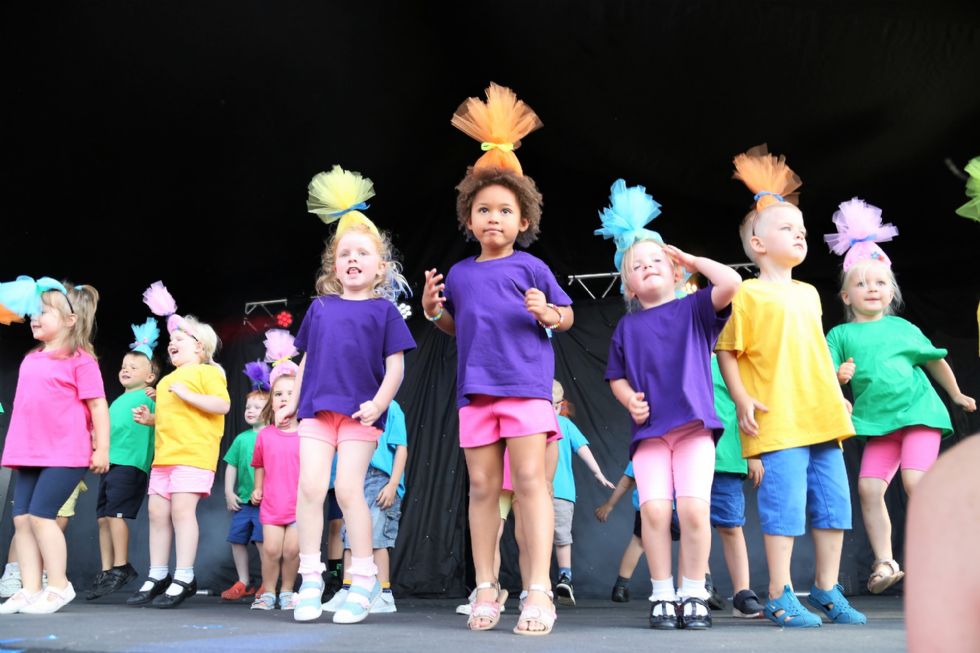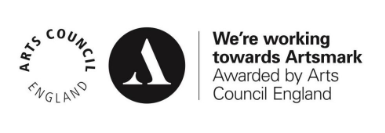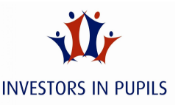- Home»
- School Information»
- SEND»
- Supporting Emotional Wellbeing»
- ELSA - Emotional Literacy Support Assistant»
ELSA - Emotional Literacy Support Assistant
What is ELSA Intervention?
An ELSA in a school is an Emotional Literacy Support Assistant. There is a recognised training course aimed specifically at Teaching Assistants or other specialist school roles. ELSAs are trained and regularly supervised by Educational Psychologists. 6 full days of training are completed to become an ELSA - This covers many areas from emotional literacy to active listening.
Scope of practice
It is important that ELSAs work within the their scope of practice and only cover things they are trained to cover. ELSAs SUPPORT NOT FIX.
ELSA Relationship
ELSA's can support the children and young person’s emotional development and help them cope with life’s challenges. ELSAs will also help children and young people to find solutions to problems they might have. An ELSA is not there to fix problems but to help children find their own solutions and offer that important support to a child or young person. Relationships are key in helping children and young people to feel safe and nurtured. ELSA is about creating a reflective space for the child or young person.
What areas does an ELSA help with?
- Loss and bereavement
- Emotional Literacy
- Self-esteem
- Social Skills
- Friendship issues
- Relationships
- Managing strong feelings
- Anxiety and worries
- Bullying
- Conflict
- Emotional Regulation
- Growth Mindset
- Social and therapeutic stories
- Problem solving
How long should an ELSA Intervention last?
ELSA intervention should be a short term focus intervention with clear aims. Usually half a term in length.
Once the target has been set an ELSA can plan a series of sessions for that child to help them achieve their target. This might be a one to one session or a group session. The usual intervention is 6 sessions (half a term) but it could be a little longer if necessary. It is important the child or young person doesn’t become too attached and reliant on the ELSA because the aim for most children or young people is to cope independently with any challenges that they face.
A typical ELSA lesson
There would be a welcome for the child or young person along with an emotional check in. How do they feel today?
A warm up or icebreaker game or activity would be played. This part is important because it helps the child to feel relaxed and it’s fun!
The main activity would follow where the ELSA would be teaching something to help the pupil with their target. The ELSA would also review what was learnt last time to see if the child or young person has remembered and if they used the skill taught.
There would be a relaxation exercise to help the child or young person be ready for class and a quick review on what the child or young person has learnt that session. At this point the ELSA may ask the child or young person to do something for next time. eg. practise star breathing when feeling angry.
ELSA Reactive Support
Sometimes things happen in life such as a death, divorce, illness, hospital stay, and so on. An ELSA can help the child or young person reactively which means they can support them immediately when things like this happen. Through a strong relationship with the ELSA, the child or young person can feel safe and cared for and know that someone is there for them. Reactive support is very much about active listening which is taught on the course. It is child or young person led.








